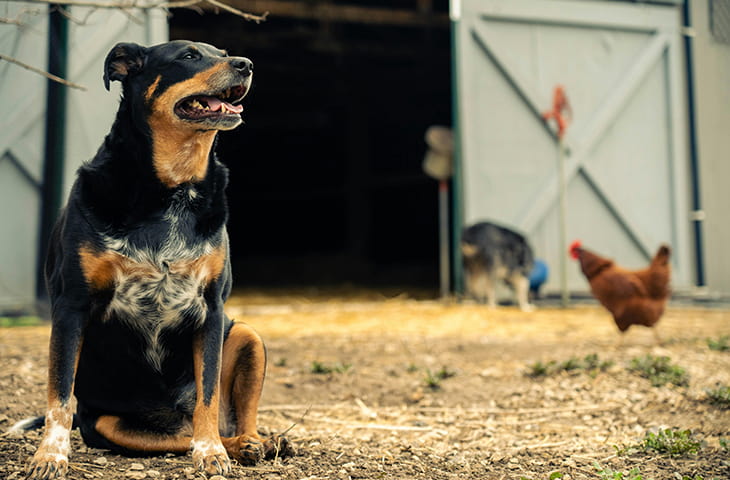Herbal Ingredients On Watchlist

The Watchlist: What You Need to Know
The lab’s latest report reveals a watchlist of herbs and fungi that frequently failed identity testing in the latter half of 2024. Among these are popular botanicals like Ashwagandha and Valerian, commonly used to address anxiety and behavioral issues in dogs. Even more concerning are the mushroom species Lion’s mane and Turkey tail, which have been increasingly utilized in veterinary oncology.
Quality Control: A Growing Concern
The recurring appearance of certain herbs on these watchlists raises red flags for those relying on these supplements. Lion’s mane, Lemon balm, and Rhodiola have persistently shown quality control issues, indicating potential contamination or misidentification in their supply chains. While elderberry was previously a top offender, it has notably dropped off the current list, suggesting some improvements in quality.
The Science Behind Testing
The lab employed High-Performance Thin-Layer Chromatography (HPTLC), an ISO 17025 accredited method, to detect adulterants and contamination. This rigorous testing ensures that the ingredients are what they claim to be, allowing for safe and effective treatment protocols. For caregivers interested in natural remedies, understanding this testing methodology is crucial in ensuring that the herbal products they choose are both safe and effective.
Practical Recommendations
For those who incorporate herbal supplements into their companions’ diets, sourcing from reputable suppliers is essential. Familiarizing oneself with the Botanical Adulterants Prevention Program (BAPP) can provide further insights into ensuring quality. When selecting products containing flagged botanicals, requesting additional quality documentation from suppliers can safeguard against potential issues.
Moving Forward: Empower Yourself
As caregivers seek natural solutions for their furry companions, remaining vigilant about herbal quality is paramount. Regularly updating knowledge on herbal safety can enhance the well-being of dogs and cats alike. Consider sharing this information within your community to promote awareness around the importance of scrutinizing herbal supplements.
Conclusion
In a landscape where holistic approaches are becoming the norm, knowledge is power. Being informed about the quality of herbal ingredients not only protects the health of your companions but also empowers you to make educated decisions. Together, we can foster a safer environment for our beloved animals by prioritizing quality and transparency in herbal supplements.
The post Herbal Ingredients on Watchlist appeared first on Animal Wellness Magazine.


